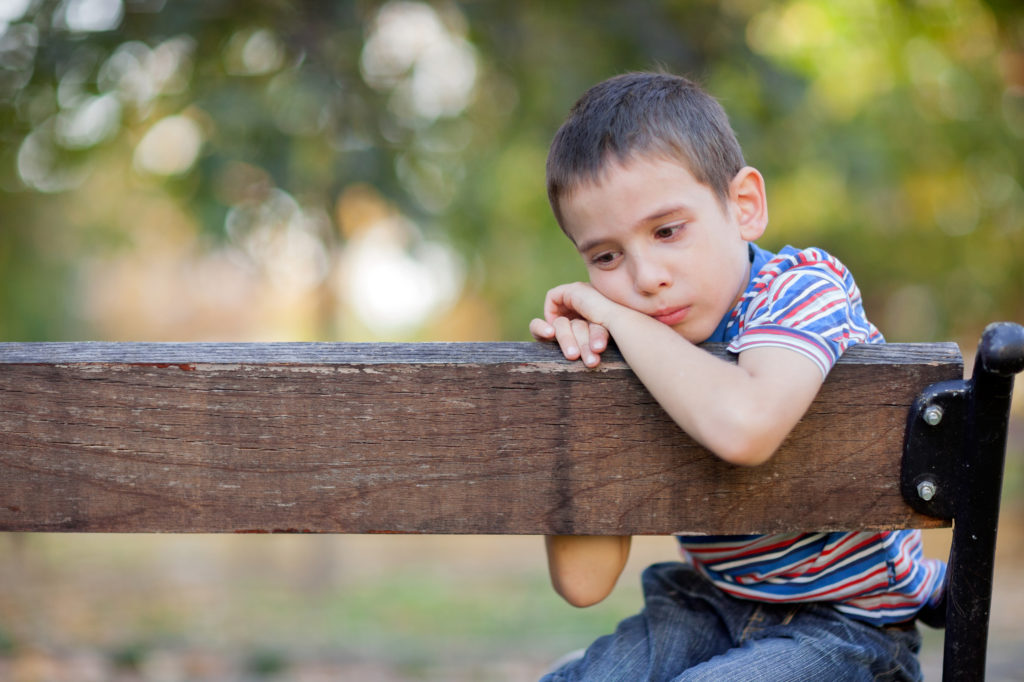In a report by the National Center for Posttraumatic Stress Disorder (PTSD), a branch of the U.S. Department of Veterans Affairs, it was found that 7 to 8 percent of the U.S. population will experience PTSD at some point in their lives. Typically, when thinking about those suffering from PTSD, many think of war veterans as the demographic hit hardest by this mental health condition. However, a study by Casey Family Programs, the University of Michigan and the Harvard Medical School found that former foster children are nearly twice as likely to experience PTSD as veterans.

This study reported that 1 out of every 4 children who spent time in foster care dealt with PTSD at some point during the previous 12 months. Beyond PTSD, more than half experienced at least one mental health condition, such as social phobia or depression. In a report on the study, Ronald Kessler, a co-author of the project and a professor of Health Care Policy at Harvard, said, “…foster children’s greater likelihood of mental health risk is primarily based upon the experiences, such as neglect and abuse, that children face before entering the foster system.”
Continue reading


